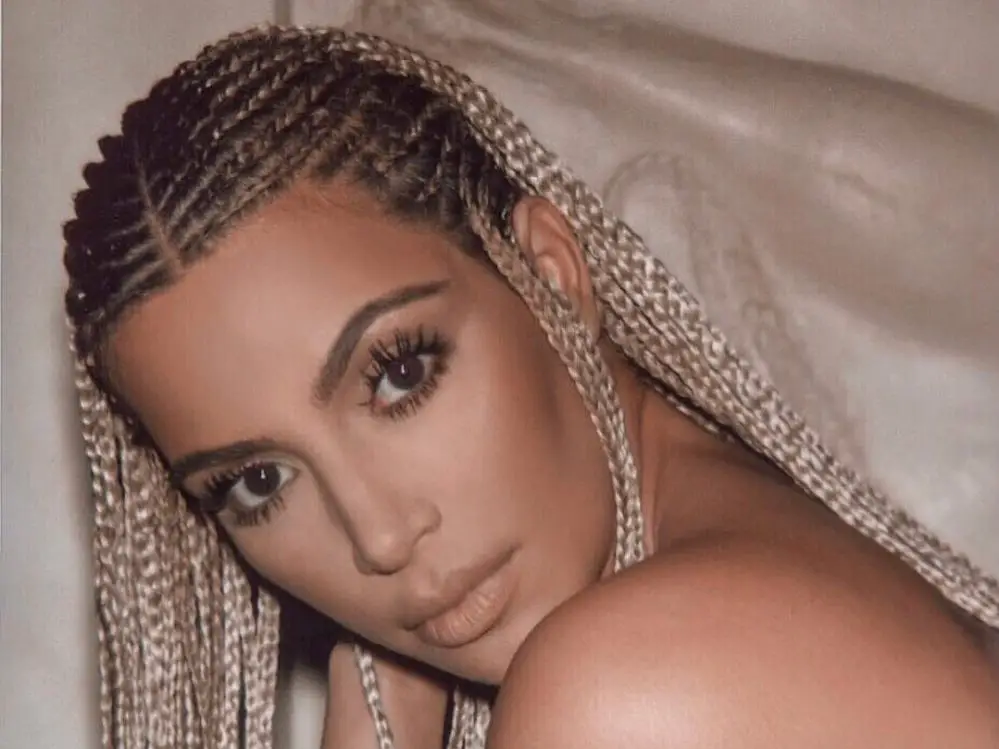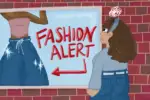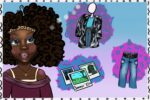As quarantine continues, like many others, I’ve decided to pass the time with binge-watching. My favorite vice? YouTube — specifically, commentaries. Last weekend, I came across a video about outrage, from one of my favorite YouTubers, Tarek Ali, called “A DEEP Discussion about Tiktok & Why Racism is ‘Trending.‘”
If you didn’t know before now, there has been a wave of racist videos surfacing on TikTok. TikTok is a platform for short videos, and since quarantine started, it has amassed thousands of new users.
Although a lot of these videos are being flagged and taken down, and some people are apologizing, one of the points Ali made was how, at the end of the day, TikTok isn’t doing enough to censor certain content. This causes outrage. Specifically, black outrage, which creates publicity, and as we all know, there is no such thing as bad publicity.
All publicity is good publicity, and that couldn’t be truer than it is today. The reason why people like Kim Kardashian, Kylie Jenner, Eminem, Tekashi 69 and even Bhad Bhabie are still relevant is because they do things to rile up the black community, which in turn gives the whole world something to talk about.
Contrary to what society may want you to believe, black voices and black thoughts are extremely important. Our culture is made up of a community that is in the spotlight 24/7. Aside from the main Twitter platform, there is literally a space called “Black Twitter” for the black community.
A prime example of people who cause outrage in this community is the Kardashians. Their whole family is known for many reasons, but one of the main things they do is appropriate black culture. Every single time one of the Kardashians gets pictured in braids, blackfishing or with some new lip injection, it’s as if the world stops and all eyes are on them — mainly Kim, Khloe and Kylie.
It’s mostly black women who voice our frustrations for the blatant imitation of our look and style, then all the other races jump in, either to defend the Kardashians or to ally with the black women. In our defense, however, we’re not necessarily upset with the Kardashians.
A lot of us don’t care about what they do. What we’re mad about is that society is praising them for things we normally do; meanwhile we get bashed and disregarded for embracing our own culture — for looks that we created.
Yet in the end, they still have a huge following; they still have their show and they’re still rich. Although the outrage causes conversation, it ultimately doesn’t hinder the oppressor.
“The strategy goes as follows: non-black celebrities and influencers appropriate popular black culture and aesthetics only to benefit from the publicity that comes with the subsequent outrage. This trend arguably started with the Fashion-Nova-clad queen of appropriation herself, Kim Kardashian. From her infamous box braids to her multiple blackface faux-pas, and her recent shapewear line ‘Kimono,’ Kim is no stranger to appropriation,” explained Ray Matthews at The Bottom Line.
Another example that Ali uses is the Tarte Shape Tape Foundation collection. Several years ago, before Fenty was even a thing, a makeup company called Tarte revealed a new foundation that they marketed as “diverse,” claiming their 15 shades would be inclusive of the entire spectrum of skin tones.
They created all this buildup. But, come to find out, when the foundation was released, there were 12 shades for white complexions and only three for darker-toned people.
Of course, this caused a lot of outrage, considering that they hyped up the entire line. Everybody was talking about it for weeks, especially all the black makeup gurus on YouTube, which caused a lot of media traction. It pushed people to buy it even more just to see what all the fuss was about.
H&M had a similar problem. In January of 2018, there was a scandal with a young black boy who modeled a “Coolest Monkey in the Jungle” hoodie. There was another scandal a year later with a young black girl whose hair looked “undone.”
“They released an image of a young black girl with her hair ‘unkempt,’ … this was a deliberate move done by H&M’s marketing team. They knew that the image of the young girl was going to stoke controversy, specifically within the black community. Hair is a sensitive topic for many black women and men. Some of them felt this child’s hair looked perfectly fine, while others criticized her hair and blamed her parents,” replied Jasmyne Brooks when asked how she felt H&M contributed to black outrage in The Georgia State Signal.
It was reported that H&M was on the brink of closure, so they held multiple sales and drastically lowered their prices. Yet, it’s 2020, and aside from the pandemic, H&M is still going strong, probably stronger than Forever 21 was right before COVID-19 hit.
Even the highly-regarded fashion house Gucci has been accused of causing outrage. In 2019, they released this “Blackface” polo sweatshirt that had the whole world burning Gucci products and posting the results on Instagram.
https://www.instagram.com/anthonyandretti/p/BtwTvAVhp2H/
As a top tier company with a massive team of PR agents, Gucci had to know better, especially considering the racial tension that we’re currently facing — a time when our president shows hostility toward minorities in America.
However, despite all the criticism, Gucci is still a sought-after brand, and in October of 2019, Gucci Mane and Gucci did a collaboration collection. Gucci Mane is a staple of hip-hop culture, and when black celebrities make it out of a poor environment, Gucci is one of the first brands they buy. Gucci is new money.
A couple weeks ago, a white couple shared an extremely racist and inappropriate video on TikTok. They got so much hate, the boy was expelled from school and the girl had to apologize since people were sending her video to prospective colleges. Sometimes the outrage has benefits.
The moral of the story? Black outrage is necessary, to an extent. In the beginning, it was genuinely used to bring awareness, such as when police brutality was re-entering the public eye and #BlackLivesMatter became a real-life movement. It brought forth cancel culture, which sometimes delivered consequences.
The point was to hit the majority and big companies in their wallets. However, sometimes the best revenge there is, is silence and not giving more attention to people; it just gives them more traction and free publicity. In other cases, however, people wouldn’t know about certain topics without black outrage shining a light on them.
There are more important things that need attention at the moment, such as Ahmaud Arbery, who was fatally shot by two white assailants on Feb. 23, 2020. The heinous act was caught on camera while he was jogging, and the assailants were not arrested until two months later.
Injustices such as these continue to happen to this day. So my advice to my community and our allies, and even to other minority races suffering in the U.S., is to use your voice for a difference, not just to be heard. Sometimes, the outrage does more damage than the silence.
















